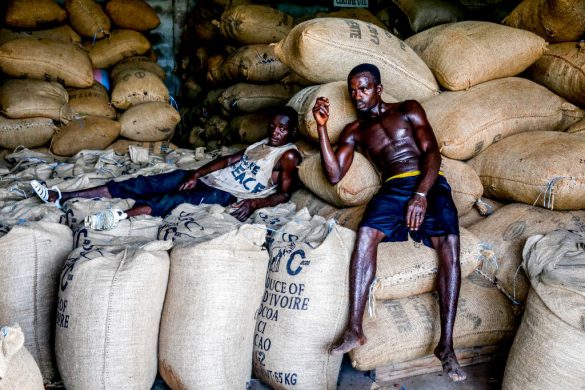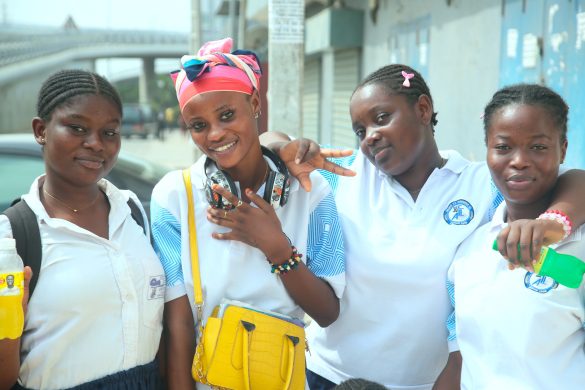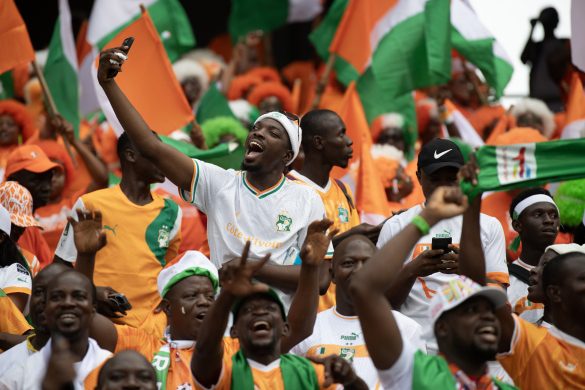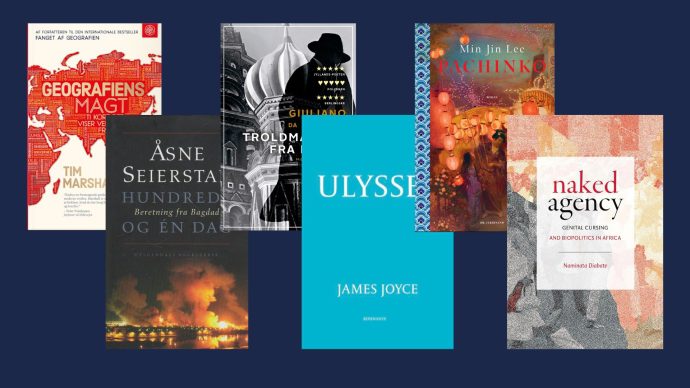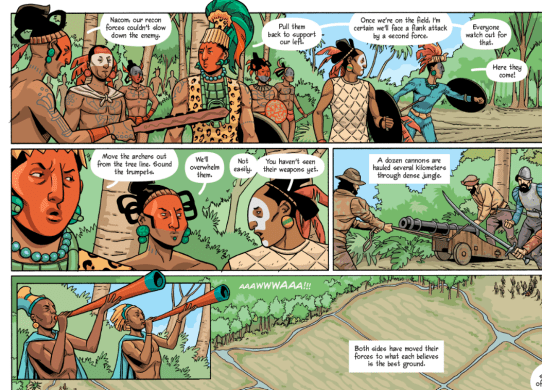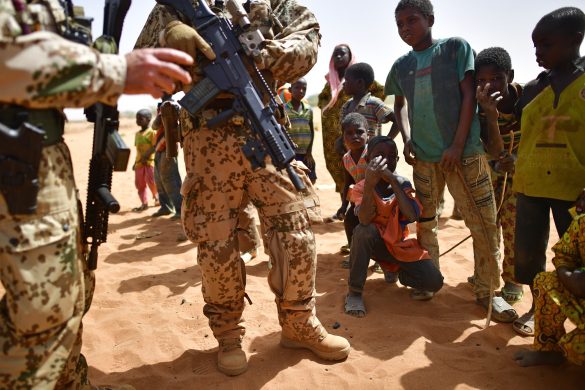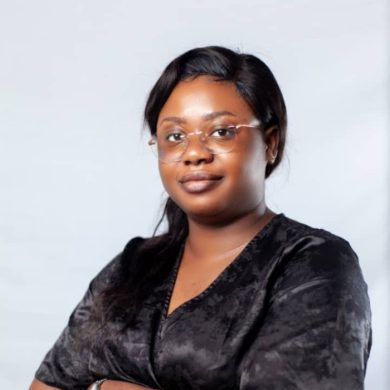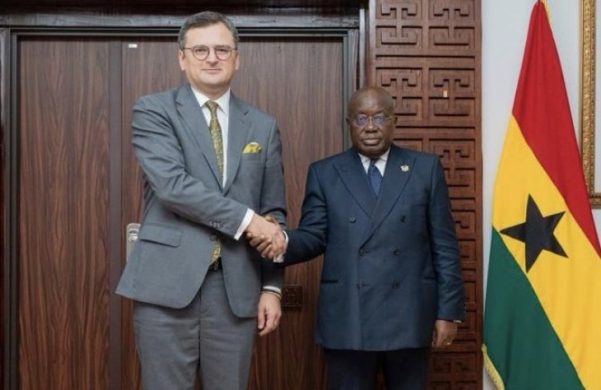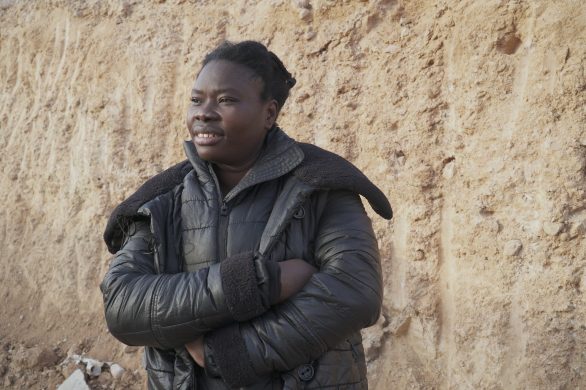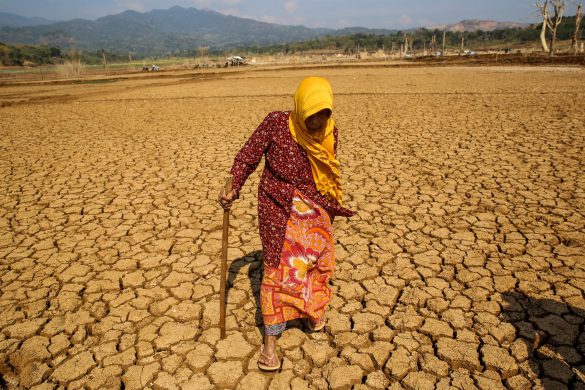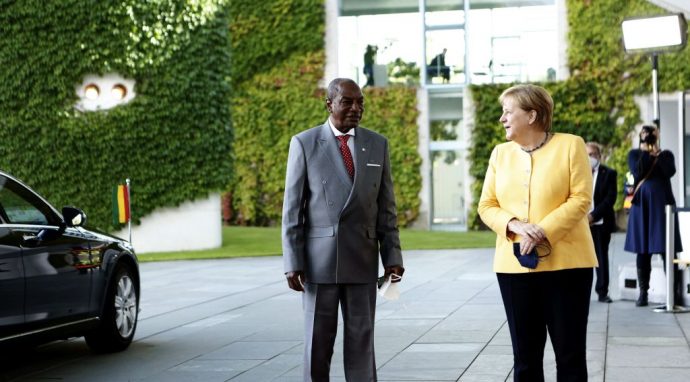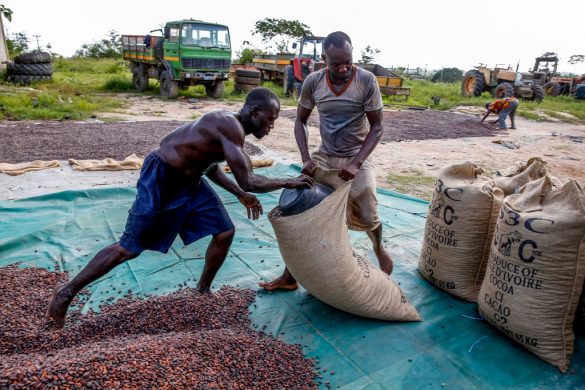På hospitaler i det vestlige Elfenbenskysten er der stor blodmangel. Og det har en fatal konsekvens for bl.a. børn. MAN, 4 January 2012, (IRIN): Blood shortages at hospitals and health centres in western Côte d’Ivoire are causing unnecessary deaths, especially among children, say local and international health officials. Eighty-six people in need of blood transfusions died at the main hospital in the western city of Man during the first 11 months of 2011, with three-quarters of the deaths being children, hospital records showed. – A lot of people are dying in the west due to the lack of blood and lack of access to blood, said Bisimwa Ruhana-Mirindi, coordinator of the World Health Organization (WHO) health cluster. Post-election violence in 2011 made access to blood nearly impossible for several months, Ruhana-Mirindi added. Residents feared travelling to hospitals or to the region’s only blood bank in Daloa (180 km from Man) because armed groups continued to man illegal checkpoints; routine blood collection campaigns halted (standsede). Records show that of the 923 people who needed blood transfusions at Man hospital, 19 percent failed to receive the service, and half that number died. Somailas faith Most of the patients requiring transfusions were children like Soumaila Djiré, 13, with malaria-induced anaemia (blodmangel). When IRIN visited the hospital, Soumaila was breathing heavily and very thin. Doctors had one packet of blood for him, but the paediatrician (børnelæge) said he would need more. The family had no money to visit the blood bank in Daloa. Soumailia’s relatives could not have donated blood on the spot either: – The hospital [in Man] is not properly equipped to collect and store blood, according to national standards, said Anderson Latt, WHO regional health coordinator. During the post-election violence, the health system in the west virtually shut down. Health facilities were pillaged (plyndrede), health staff abandoned their posts, and the government stopped paying salaries to health workers. Since President Alassane Ouattara took office in May 2011, his government has ordered all medical staff back to work, has started paying them regularly; and is carrying out field visits to monitor clinics, according to Latt. – The government is helping to restore health systems, and has also been equipping health centres with supplies, Latt said. The first lady, Dominique Ouattara, has also donated several ambulances to hospitals in the west. Money woes However, some ambulances had been stolen, and the difficulty and cost of reaching the region’s only blood bank had caused many deaths, Latt explained. Patients’ relatives have to travel to the blood bank and transfusion centre in Daloa, which takes over four hours in an ambulance, and blood is not always available there. Man hospital charges 140 US dollars (ca. 800 danske kroner) to send the ambulance to the blood bank. Few families can afford the cost, so rely on public transport. – Meanwhile, the child could be dying, Latt said. While the blood bank distributes blood to the hospital in Duékoué, south of Man, Man hospital lacks proper blood storage facilities, said hospital director Alassan Coulibaly. Save the Children delivers blood from Daloa about once a week, which the hospital uses “immediately” Coulibaly said, adding: – Each time someone needs blood, they have to go to Daloa. Duékoué’s hospital also experiences blood shortages, said a physician with Médecins Sans Frontières (MSF) at the facility. MSF provides free care, including surgical procedures, which has attracted a large number of patients. However, demand outstrips supply, said MSF doctor Sarah Pestieau, adding: – This hospital would really benefit from a transfusion centre. Man hospital, meanwhile, has just one ambulance, lacks MSF support, and is farther from the blood bank. Because of the cost and inconvenience of accessing blood, families and doctors wait until cases become severe: – We end up waiting until they have severe symptoms like difficulty breathing… or coma, Horace Akapo, a paediatrician at the hospital, said. WHO and the UN Population Fund carried out a blood donation campaign between March and June 2011, the months of heavy fighting, and then distributed almost 5.000 blood packets to barely accessible hospitals in the west, said WHO. However, the funds ran out in June. – We had support for a little while but we no longer have money in our budget [for blood collection and distribution], Latt said. Kilde: irinnews.org
Elfenbenskysten: Blodmangel er skyld i dødsfald


